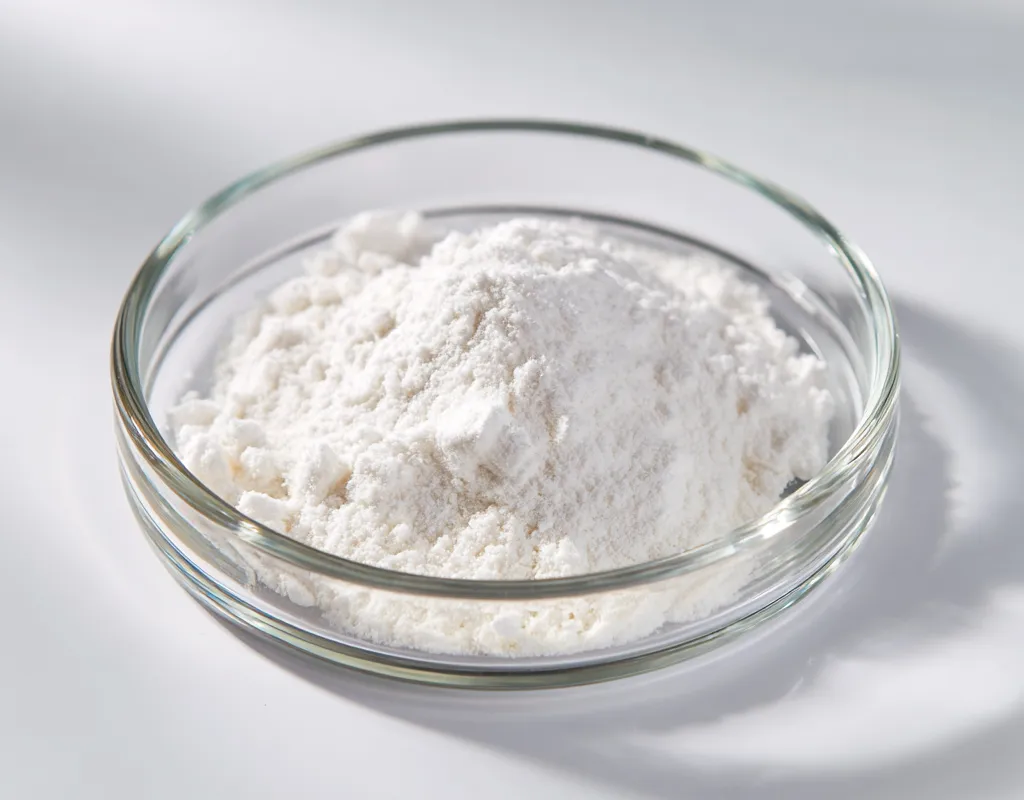Getting veneers is an exciting step toward achieving a brighter, more confident smile. Porcelain veneers can transform chipped, stained, or misaligned teeth into a flawless set that looks natural and beautiful. However, while veneers are durable and designed to blend seamlessly with your teeth, the adjustment period is crucial for ensuring long-term comfort and satisfaction.
If you’re considering veneers, it’s important to know what to expect and how to adapt after your procedure. Here are some essential tips to help you adjust smoothly to your new veneers and maintain their appearance and function.
Understand the Initial Sensitivity
After getting veneers, it’s common to experience mild sensitivity to hot or cold temperatures. This happens because your natural teeth have been slightly altered to fit the veneers, and the underlying dentin may be temporarily exposed. This sensitivity usually subsides within a few days to a couple of weeks.
To manage this, use toothpaste designed for sensitive teeth and avoid extremely hot or cold foods and beverages immediately after your treatment. If sensitivity persists beyond a few weeks, consult your dentist.
Give Your Mouth Time to Adapt
Veneers may feel foreign at first, especially when you talk, chew, or bite. You might notice a slight difference in the thickness or shape of your teeth, which can affect your bite initially. This sensation typically fades as your mouth gets used to the new contours.
To speed up adaptation, practice speaking out loud and reading aloud at home to get comfortable with how your veneers feel during speech. Avoid biting into hard foods immediately, and cut food into smaller pieces during the first few days.
If you are searching for quality porcelain veneers in San Antonio, TX, choosing an experienced dental team is essential for proper guidance and lasting results.
Maintain Excellent Oral Hygiene
Veneers require the same care as your natural teeth. Brush twice a day using a soft-bristle toothbrush and non-abrasive toothpaste to avoid scratching the veneer surfaces. Floss daily to prevent plaque buildup along the gum line, which can cause gum irritation or decay of the underlying tooth.
Regular dental check-ups are essential to monitor the condition of your veneers and the health of your gums. Professional cleanings help keep veneers looking pristine and catch any potential issues early.
Avoid Harmful Habits
Porcelain veneers are strong but not indestructible. Avoid habits like biting your nails, chewing on ice, or using your teeth as tools to open packages. These actions can chip or crack the veneers.
If you grind or clench your teeth, especially during sleep, talk to your dentist about getting a nightguard. Teeth grinding can put excessive pressure on veneers, leading to damage over time.
Be Mindful of Staining Foods and Drinks
While porcelain veneers resist stains better than natural teeth, the bonding material around them can still discolor. To keep your veneers bright, moderate consumption of coffee, tea, red wine, and foods with strong pigments is advised. Rinse your mouth or brush your teeth shortly after consuming staining foods or drinks.
Stay in Touch With Your Dentist
If you notice any discomfort, changes in your bite, or if a veneer feels loose, don’t hesitate to reach out to your dentist. Timely adjustments or repairs can prevent bigger problems and extend the lifespan of your veneers.
Adjusting to veneers takes a little patience and care, but the result, a stunning, natural-looking smile, is well worth it. With these tips in mind, you can enjoy your new smile with confidence and comfort for years to come.






